Wondering how long your betta fish can survive without food? Let’s explore the fascinating world of bettas and their survival abilities during fasting periods.
Betta fish, known for their vibrant colors and unique personalities, can go without food for around 10-14 days. However, several factors determine how long they can survive without feeding.
The size of the tank, the filtration system, and the overall health of the fish all play a crucial role in their ability to endure fasting periods. Larger tanks tend to decay more slowly and provide a more stable environment for the fish. Proper tank filtration helps maintain optimal water conditions, ensuring the betta fish’s survival during food deprivation.
Younger bettas generally handle fasting periods better than older ones. Factors such as metabolism, age, stress levels, and overall health also impact a betta fish’s ability to endure without food.
But what if you need to leave your betta fish without food for an extended period? There are a few methods to keep your fish fed in your absence:
– Fish Sitter: Ask a friend, family member, or professional fish sitter to take care of your betta fish and its feeding requirements.
– Automatic Fish Feeder: Use a reliable automatic fish feeder that dispenses food at regular intervals, keeping your betta fish well-fed.
– Block Feeder: Consider using a block feeder, which gradually releases food into the tank. Be cautious of potential overfeeding or rotting issues associated with this method.
Remember, maintaining a clean and healthy tank environment is crucial for your betta fish’s overall well-being, whether it’s during fasting periods or regular feeding schedules.
In the following sections, we’ll delve deeper into the importance of tank size and water conditions, the significance of tank filtration, and how your betta fish’s health determines its fasting period capabilities. We’ll also explore some of the methods mentioned above in detail.
Stay tuned to discover all you need to know about keeping your betta fish healthy and well-fed!
Tank Size and Water Conditions
When it comes to the well-being of your betta fish, tank size and water conditions play a crucial role. The right tank size provides adequate space for your fish to thrive, while maintaining optimal water conditions ensures their overall health.
Tank Size
The size of the tank directly affects how long a betta fish can survive without food. Smaller tanks decay more quickly, resulting in deteriorating water quality. This can potentially make the tank uninhabitable for the fish, affecting their ability to endure fasting periods. Therefore, it is recommended to provide your betta fish with a spacious tank that allows them to swim freely and ensures better water quality.
Water Conditions
Poor water conditions can have a negative impact on your betta fish’s health and well-being. Dirty water or high ammonia levels can cause stress and lead to various health issues. To maintain optimal water conditions:
- Regularly clean the tank: Perform regular water changes and debris removal to keep the tank clean and prevent the accumulation of harmful substances.
- Monitor water quality: Use water testing kits to check the ammonia, pH, and nitrate levels in the tank. Make necessary adjustments to maintain a healthy environment for your fish.
- Ensure proper filtration: A well-functioning filter helps remove debris and impurities from the water, contributing to better water conditions and the betta fish’s overall well-being.
By prioritizing tank size and maintaining optimal water conditions, you provide your betta fish with a suitable environment to thrive. This, in turn, increases their ability to endure fasting periods and promotes their long-term health.
| Tank Size | Recommended Minimum Tank Size |
|---|---|
| Betta Fish | 5 gallons |
| Multiple Betta Fish | 10 gallons |
Filtration of the Tank
The presence and quality of the filter in the tank play a crucial role in determining the survival of a betta fish during fasting periods. A well-functioning filter helps maintain a clean and healthy environment for the fish by removing debris and food scraps from the tank. This not only prevents the accumulation of harmful substances but also ensures optimal water conditions for the betta fish’s well-being.
An unfiltered tank, on the other hand, can pose significant risks to the fish’s health. Without proper filtration, the tank becomes susceptible to quick decay and the buildup of dirt, which can be detrimental to the betta fish. Poor water conditions caused by a lack of filtration can stress the fish and compromise its immune system, making it more vulnerable to illnesses and diseases.
Having a reliable filter in place is essential for extending the betta fish’s survival during fasting periods. It helps to maintain water quality, remove toxins, and provide adequate aeration for the fish. Regular maintenance of the filter, such as cleaning or replacing filter media, is necessary to ensure its effectiveness and prevent any potential issues.
Benefits of Tank Filtration for Betta Fish
- Keeps the tank clean and free from debris
- Removes harmful substances and toxins
- Promotes optimal water conditions for the fish’s health
- Provides proper aeration and oxygenation
Investing in a high-quality filter is a wise choice for betta fish owners. It not only helps ensure the fish’s survival during fasting periods but also contributes to its overall well-being and longevity. Remember to choose a filter suitable for the size of your tank and follow the manufacturer’s guidelines for maintenance and replacement.
To visualize the importance of tank filtration, take a look at the following table:
| Without Filtration | With Filtration |
|---|---|
| Accumulation of debris and waste | Minimal debris and waste accumulation |
| Water becomes murky and unhealthy | Clear water with optimal conditions |
| Increased risk of disease and illness | Reduced risk of disease and illness |
As you can see, proper tank filtration plays a vital role in maintaining a clean and healthy environment for your betta fish. By investing in a reliable filter system, you provide the fish with the best chances of survival during fasting periods and ensure its long-term well-being.
Health of Your Betta Fish
The overall health of your betta fish plays a crucial role in determining how long it can survive without food. Factors such as metabolism, age, stress levels, and overall health can affect the fish’s ability to endure fasting periods. Younger bettas and healthier fish can handle food deprivation better than older or weaker ones. Therefore, it is essential to ensure that your betta fish is in good health before leaving it without food for an extended period.
During fasting periods, a betta fish’s health is directly linked to its ability to maintain proper energy levels and functions. A well-nourished and healthy fish is more equipped to handle periods of food scarcity, while a weaker or malnourished fish may struggle to maintain essential bodily functions.
One basic indicator of a betta fish’s health is its eating habits. A healthy fish will eagerly consume its regular diet and exhibit a vibrant and active behavior. On the other hand, a fish that shows disinterest or refuses food even when offered can be a sign of underlying health issues.
Monitoring Your Betta Fish’s Health
Regularly observing your betta fish’s behavior and appearance is essential to catch any early signs of illness or stress. Here are some key indicators to monitor:
- Appetite: A sudden loss of appetite or refusal to eat can be a cause for concern.
- Coloration: Normal betta fish have vibrant and bright colors. Faded or dull colors can indicate a health issue.
- Fin condition: Torn or ragged fins can suggest a health problem or stress.
- Behavior: Pay attention to changes in swimming patterns, lethargy, or erratic behavior.
- Water quality: Poor water conditions can negatively impact a betta fish’s health. Regularly check and monitor the ammonia, nitrite, and nitrate levels in the tank.
If you notice any concerning changes in your betta fish’s health, it is important to take appropriate action. Consult a veterinarian or a fish health expert for guidance and treatment options.
Image:
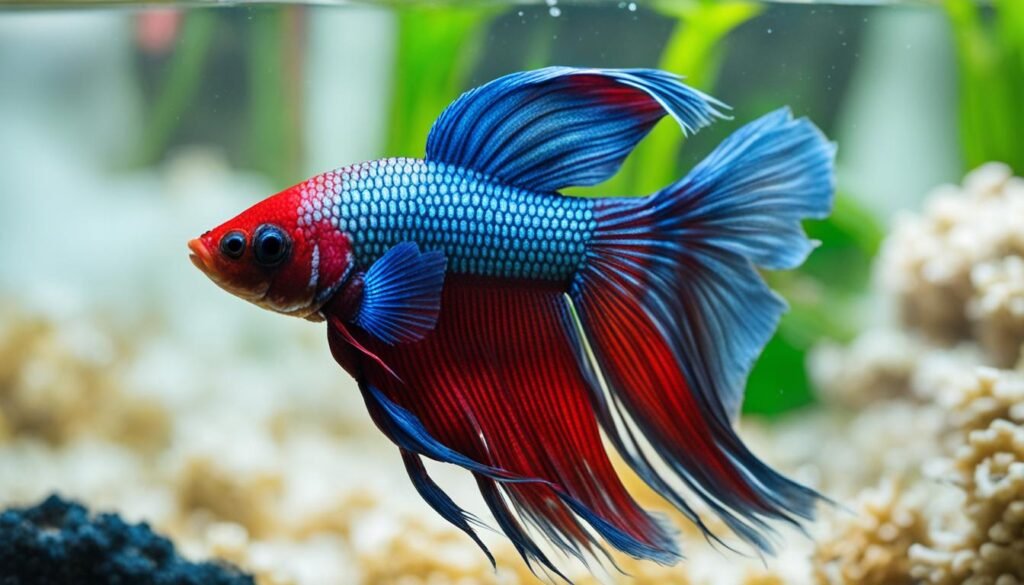
Methods to Keep Your Fish Fed
If you need to leave your betta fish without food, there are several methods to ensure that it remains nourished while you’re away. Let’s explore some effective ways to keep your fish fed during fasting periods.
Fish Sitter
One option is to have a fish sitter who can take care of your betta fish and maintain the tank. This could be a responsible friend, family member, or even a professional fish sitter who is knowledgeable about betta fish care. Make sure to provide clear instructions on feeding schedules, water changes, and any specific requirements for your fish’s well-being.
Automatic Fish Feeder
Another convenient option is to use an automatic fish feeder. These devices are specifically designed to dispense a controlled amount of food at regular intervals, ensuring that your betta fish receives their meals on time. Before leaving, it’s essential to test the feeder to ensure it functions properly and dispenses the right amount of food. Check if the feeder is compatible with betta fish food and adjust the portions accordingly.
Block Feeder
A block feeder is another alternative that gradually releases food into the tank. It consists of a large block of food that slowly dissolves over time, providing sustenance for your betta fish. However, it’s essential to be cautious with block feeders as they can lead to overfeeding and food rotting in the tank. Monitor your fish’s consumption and remove any uneaten food promptly to prevent water contamination.

Comparison Table: Feeding Methods
| Feeding Method | Pros | Cons |
|---|---|---|
| Fish Sitter |
|
|
| Automatic Fish Feeder |
|
|
| Block Feeder |
|
|
Each feeding method comes with its own advantages and limitations. Consider your betta fish’s specific needs and your preferences when choosing the most suitable feeding method for your absence.
Conclusion
In conclusion, betta fish have the remarkable ability to survive without food for up to 10-14 days. However, their ability to endure fasting periods depends on factors such as tank size, water conditions, filtration, and the overall health of the fish. It is crucial to provide a clean and healthy tank environment to ensure the betta fish’s well-being during feeding breaks.
Fortunately, there are various methods available to keep your fish fed when you’re away. A reliable and responsible fish sitter can take care of the fish and maintain its regular feeding schedule. Alternatively, using an automatic fish feeder can dispense food at regular intervals, ensuring the betta fish receives its necessary nutrition. Another option is a block feeder, which slowly releases food over time.
While regular feeding is essential for the health of betta fish, temporary fasting periods can actually be beneficial in certain cases. Fasting can help regulate their metabolism and prevent overeating, leading to potential health issues. However, it is important to consult a professional or do thorough research before implementing fasting periods as part of your betta fish care routine.

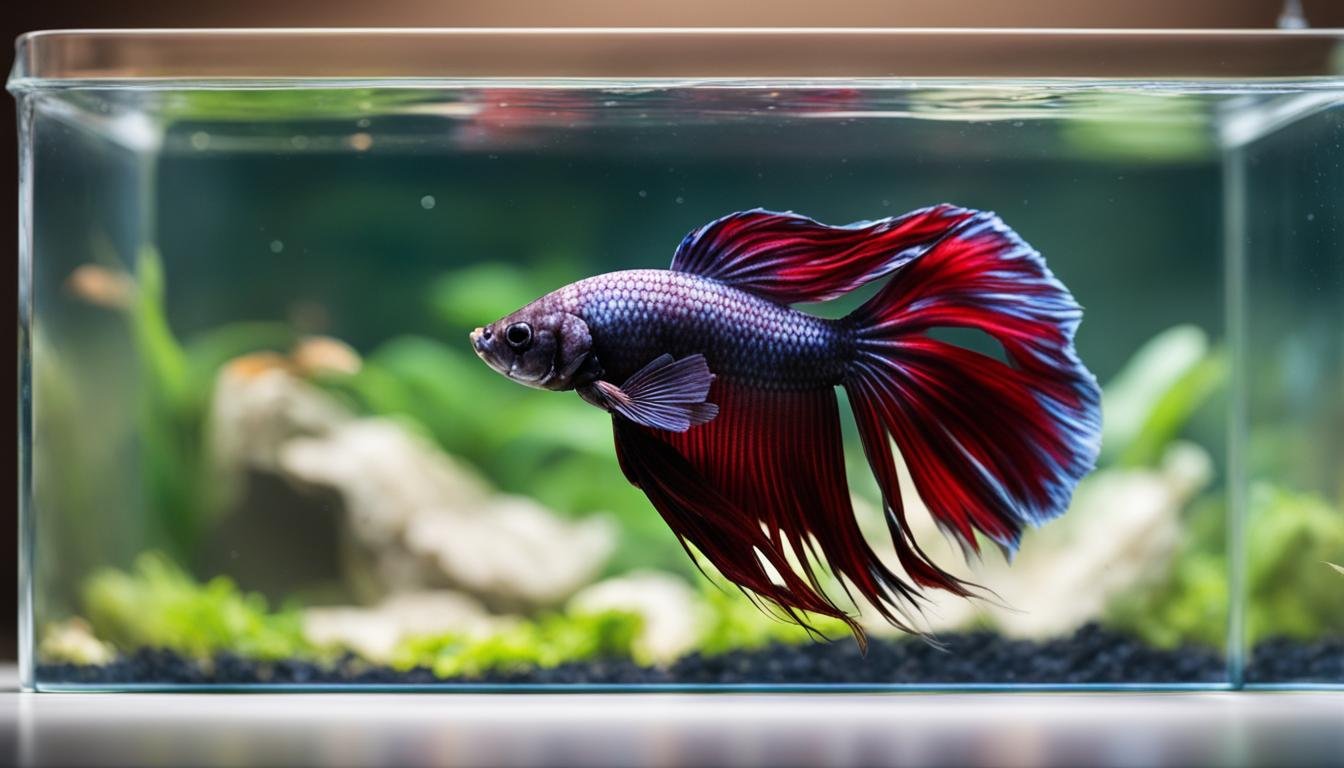
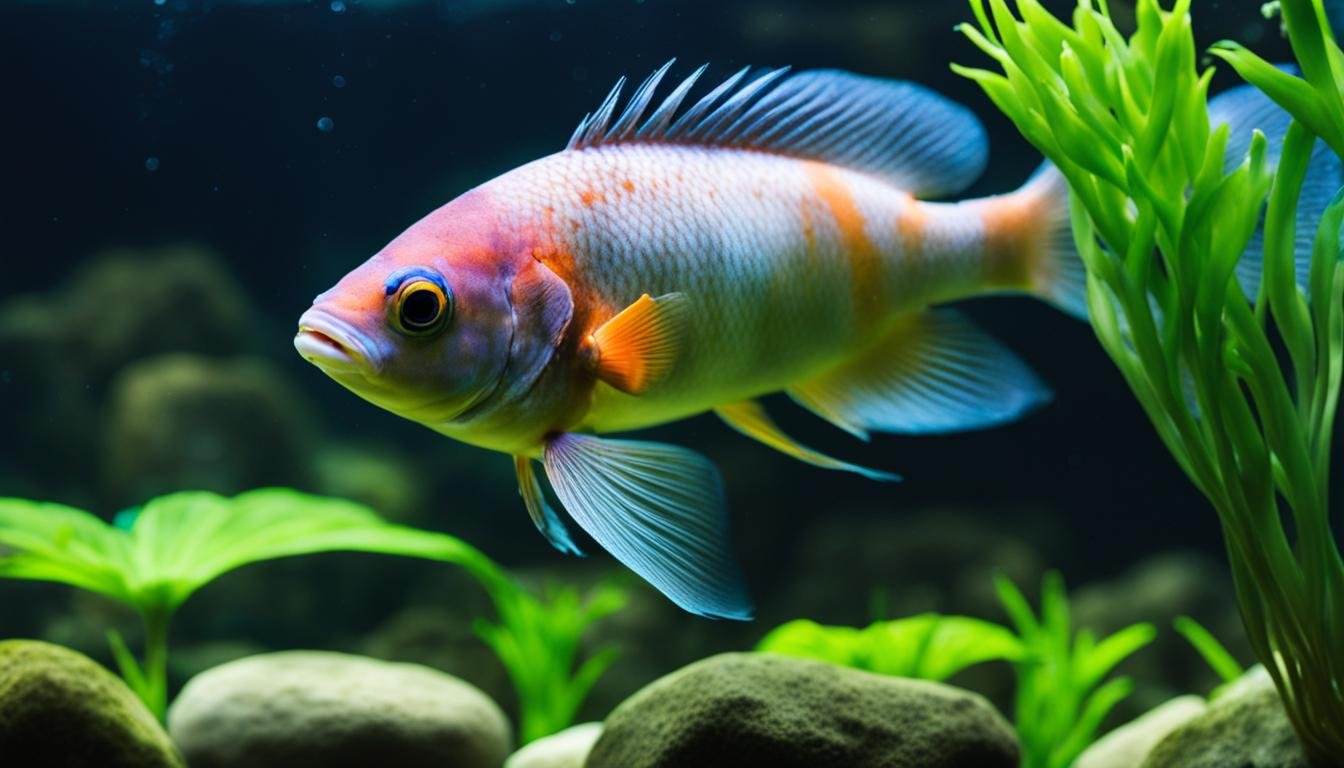
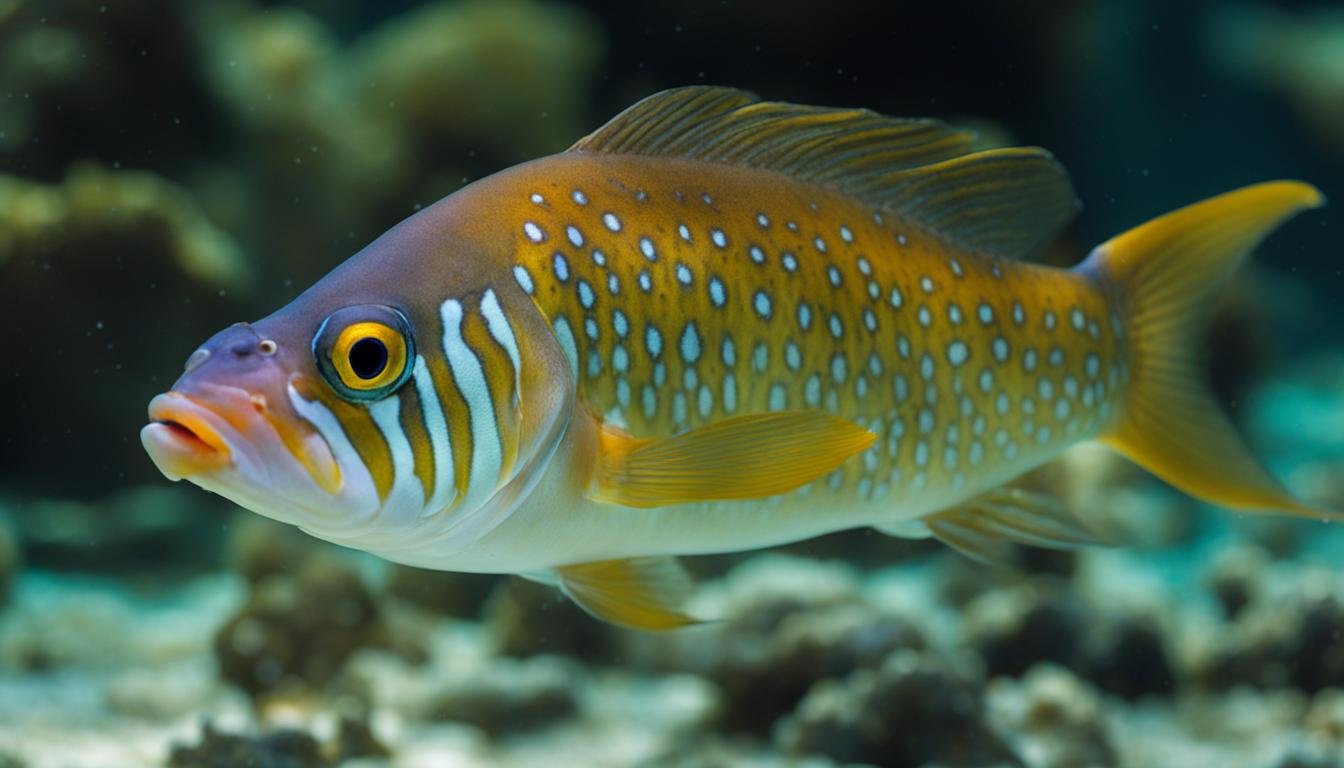
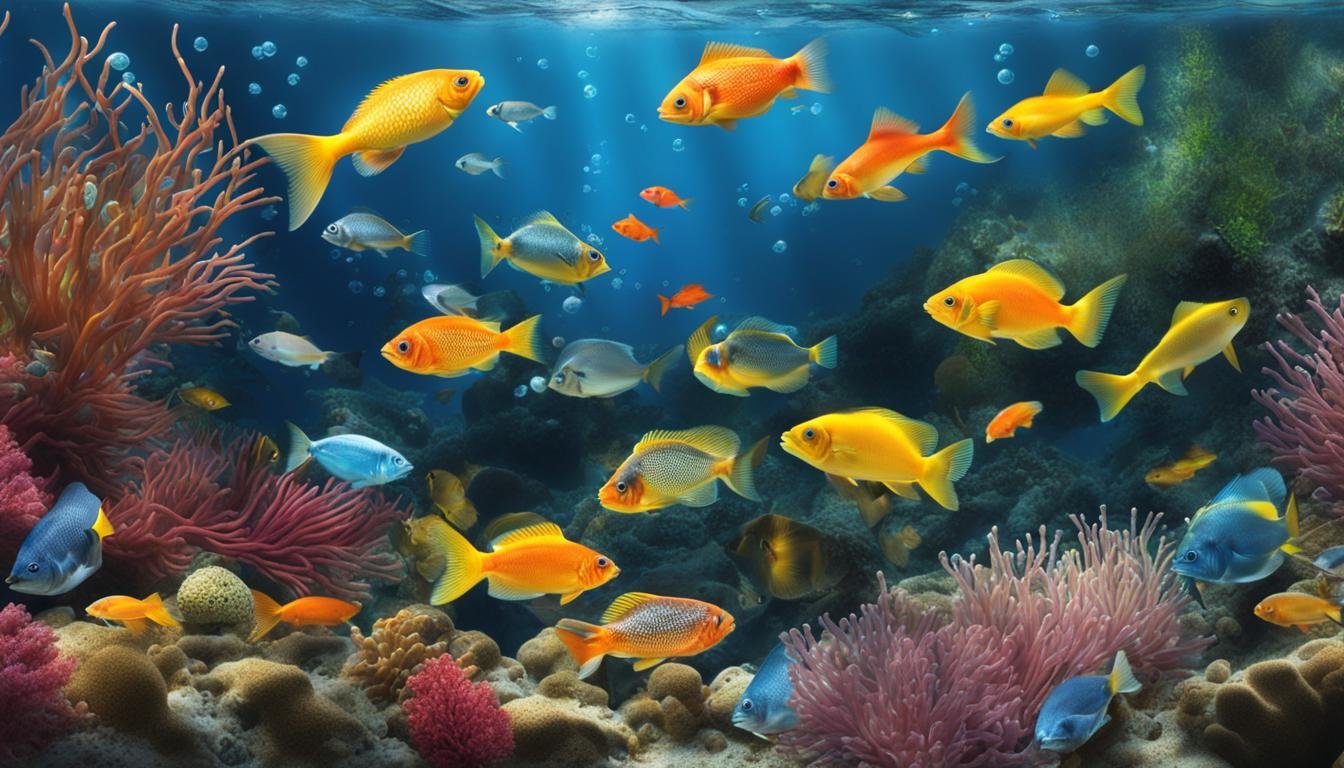

3 Comments